
Embrace Foundation is a non-profit,
educational foundation set up to create
better understanding between people of
different religions, cultures, traditions and
world philosophies.
Embrace Foundation works to bring leaders
and scholars of world-wide religions,
cultures and philosophies together by
sponsoring forums, seminars, lectures and
developing an international exchange
program. Embrace Foundation is particularly
concerned with reaching the world public
through the media.
Purpose
Embrace Humanity
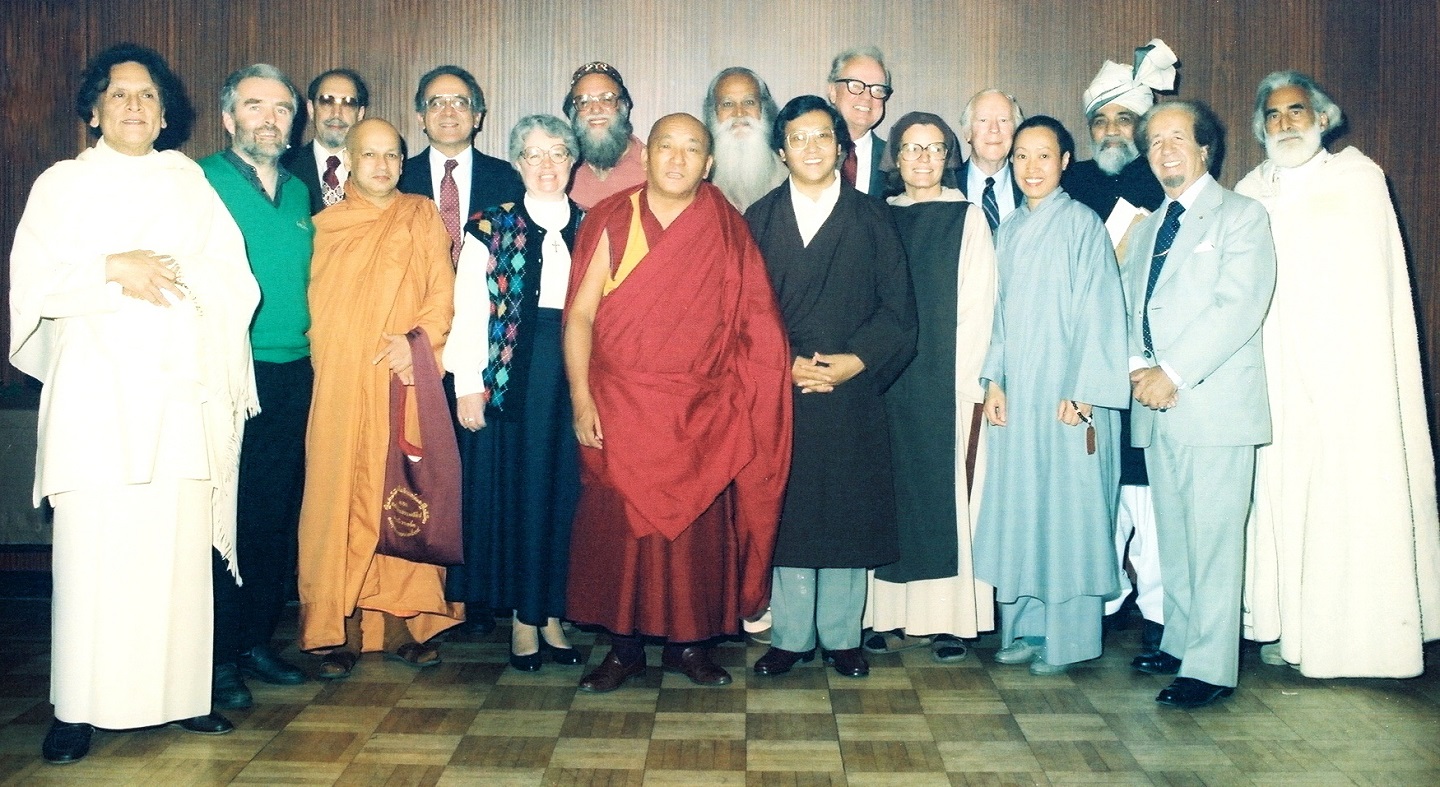
Embrace Foundation International
- Great Visions TV
- Inspirations
- Media
- Possibilities
- Astrophysics, Quantum Physics & The Nature of Reality
- Deconstructing Nuclear Fission & Nuclear Waste
- Defense Industry as Community Builders
- Defense Industry As Energy Providers
- Global Water Shortages
- Innovative Technology
- Intelligent Communities & Development
- Pentagon & Non-Western Nations
- Recreating
- Resource Based Population
- Sharing Community Resources
- Protecting Human Rights
- Spiritual Ecology
- Syria
- Write to Us
Human Rights Update
Economic and Political Human Rights
National Palestinian Christian Organizations Seek Acknowledgment by The WORLD COUNCIL OF CHURCHES of
Systemic Ethnic, Cultural and Religious Discrimination Embedded in The Holy Land Government
World Council of Churches Pressed to Support BDS
Jun 21 2017 / 5:45 pm
Palestinian Christians are descendants of some of the oldest Christian communities in the world. (Photo: Social Media)
The National Coalition of Christian Organizations in Palestine (NCCOP) recently urged the World Council of Churches
(WCC) to “recognize Israel as an apartheid state,” reported the Palestine News Network.
In the open letter, the Palestinian Christian organization pressed the WCC to defend the Palestinian right to advocate for
BDS campaigns until Israel “complies with international law” and ends its regime of “occupation, apartheid and
discriminations, and accepts [the right of] refugees to return to their home land and properties.”
In response to the letter, Omar Barghouti from the Palestinian Boycott, Divestment and Sanctions National Committee
(BNC) praised the action, saying, “We sincerely hope that the World Council of Churches will do the right thing, as it did
with apartheid South Africa, and adopt the coalition’s call to action in defense of human dignity…the World Council of
Churches has the historic opportunity to further Palestinian hope for freedom and once again stand on the right side of
history.”
About 200,000 Christian Palestinians currently reside in historic Palestine, descendants of some of the oldest Christian
communities in the world.
The World Council of Churches includes 348 member churches in more than 110 countries, representing over 500 million
Christians.
(Palestine Chronicle)
_______________________________________________________________________________
The conference entitled ‘Religious Minorities in Muslim Lands: It’s Legal Framework and a Call to Action’ held in Marrakesh, under the
High Patronage of His Majesty King Mohammed V1, in conjunction with the Forum for Promoting Peace in Muslim Societies. The event is
held in cooperation with the Ministry of Religious Endowments and Islamic Affairs of the Kingdom of Morocco.
Religious Minorities in Muslim Lands: It’s Legal Framework and a Call to Action
MARRAKESH DECLARATION
Conclusion
In conclusion, we would like to state the following to the world:
1) Enough of bloodshed and fighting one another for survival, as that will lead only to annihilation; instead, let us all
cooperate for survival.
2) The accusation that Islam oppresses minorities has no basis in sacred law or in history. History itself testifies that there
was no religion except that minorities experienced calamities living amongst them at some point in history and in some
place on the earth. That lesson necessitates that all of us work together and that we should all be members of the
“majority,” for if justice reigns, equality is guaranteed, and mercy spreads; then the concept of “majority or minority” will no
longer have any significance.
3) These tragedies, which have afflicted minority communities, have also afflicted the majority communities without
discrimination in the harm caused, whether by killing, displacement, conflagration, or expulsion. So let us not debate about
it because these are the actions of criminal groups that have stolen the name of Islam, the term “caliphate,” and the identity
of the ummah (Muslim community). All of these terms are falsely used by them, and falsehood was built upon them. In
actuality, their real name should be “the terrorist organization.”
4) The Eastern Christians exist to remain, and they were born to live. They are one of the oldest roots of the Middle Eastern
tree. They are so deeply rooted that they cannot be uprooted, no matter how strong the wind blows or how misguided the
passions of their enemies may be.
5) We are working to collaborate with academics and scholars of various faiths on developing a historical charter that may
serve as a basis for contemporary conceptualizations of citizenship.
6) We want to say that constitutional citizenship, which has no concept of majority or minority that would lead to infringing
upon of the rights of others, is a citizenship committed to a mutuality that ensures freedom and guarantees societal peace.
Such is a sound foundation, accepted by both religion and the pursuit of the commonweal.
7) We want to say to peoples of all faiths: Let us establish an alliance for peace-spiritual and psychological peace, the kind
that inspires us to do good in the world. Allow me to quote the theologian, Hans Küng, who said, “There can be no peace in
this world without peace among the religions.”
8) We want to improve the conditions of people everywhere.
9) We want to end these killings and other atrocities, and to declare in no uncertain terms, “No!” to terror and terrorism.
10) We want this aggression and oppression to stop, and we want the people’s consciences to awaken so that people can
be given their rights and have their grievances redressed.
11) We want to say THANK YOU with brilliant capital letters to the Emir al- MuminÏn, the Prince of Believers, His Majesty,
King Muhammad VI, may God exalt and protect him, and may God maintain the Kingdom of Morocco as an exemplar of
peace and joyful conviviality.
In conclusion, may we live in peace, and peace be upon you and God’s mercy and blessings.
Link For The Full Declaration: http://www.marrakeshdeclaration.org/index.html
Note: See Bulletin for further information on terrorism
_______________________________________________________________________________
Morocco conference to focus on non-Muslim rights
Morocco is to host a first conference in Islamic history championing the rights of religious minorities living within Muslim-
majority territories.
The World Conference on Religious Minorities is scheduled to take place in the Moroccan capital, Rabat, from January 25
to 27, according to the Morocco World News website.
The event is expected to attract around 300 Muslim personalities from Pakistan, Iran, Iraq, Nigeria, Saudi Arabia, Turkey,
Egypt, and the host country itself; religious authorities from Christian, Jewish, Hindu, Sikh, and other non-Muslim religious
communities will also be present.
Iranian Shia cleric and scholar Ayatollah Seyyed Mostafa Mohaghegh Damad will be participating at the conference.
The conference aims to release its first declaration, laying emphasis on the rights of non-Muslims inside Muslim lands
since the Constitution of Medina.
Also known as the Charter of Medina, the document was drafted by the Prophet of Islam (PBUH) in 622 CE and is hailed as
the world’s first written constitution as well as the first Muslim constitution.
The charter stipulates that non-Muslim members of the community should be entitled to the same political and cultural
rights as those of Muslims.
“The Prophet was religiously persecuted, so he knew first-hand what it was to experience religious persecution,” Sheikh
Hamza Yousuf, the co-founder of Zaytuna College, the first Muslim liberal arts college in the United States, who is to attend
the conference, was quoted by The Washington Post as saying.
The conference wants to counter “the idea that Muslims and non-Muslims can’t live together,” he added. “This is not who
we are or who we want to be.”
The Moroccan Ministry of Endowments and Islamic Affairs will host the conference together with the UAE-based think tank
Forum for the Promotion of Peace in Muslim societies
http://muslimtimes.co/2016/01/23/morocco-conference-to-focus-on-non-muslim-rights/
Pakistan leaders vow to protect Hindus - Times of India
By: Sameer Arshad
In an inherently adversarial political culture, very rarely do rival Pakistani politicians speak in one voice. Diwali was one such
rare occasion when leaders of three top political parties, including Prime Minister Nawaz Sharif, echoed each other in
supporting minority rights at separate festivities.
Sharif flew to Karachi on Wednesday to take part in Diwali festivities amid war of words with military establishment after it
put him under pressure again by publically ticking him off over tackling terror.
An unfazed Sharif spoke passionately about minority rights, insisting all religions in Pakistan enjoyed equal rights while
pledging to safeguard them at a function, where Gayatri Mantra was recited along with the Quran.
He told Hindus he will stand by them if they are in distress. "Even if a Muslim commits an injustice, I will stand with the
victim," said Sharif.
Sharif underlined he is prime minister of all communities. "Minorities are part of Pakistan and it is my duty to protect them,''
said Sharif, who became the first prime minister to attend Diwali festivities.
He said he had long been asking his Hindu friends to invite him for Holi festivities. "Do invite me and splash colour on me.''
Sharif called Diwali a celebration of struggle against evil while announcing the construction of a hospital named after
spiritual leader Bhagat Kunwar in Hyderabad (Sindh).
His arch-rival, Imran Khan, promised equal citizenship for minorities at a rally amid fireworks in Hindu-dominated Umerkot
a day after Diwali.
He said treatment of minorities would be exemplary in the 'New Pakistan' he promises to build. "We will take such care of
minorities; make them equal citizens that Narendra Modi would be ashamed of himself over what is happening in India,'' he
said amid loud cheers.
Pakistan People's Party (PPP) chief Bilawal Bhutto Zardari joined the Hindus for Diwali festivities in Hindu-dominated Mithi
in Tharparkar, where he cut a cake and enjoyed dandia performance.
Bilawal expressed happiness that every house was lit up with diyas for Diwali while claiming religious freedom and
harmony was being destroyed in India.
He said the PPP considers Diwali as its own festival, but Modi does not even celebrate Eid while assuring his party would
not discriminate on the religious basis. "We will continue to celebrate Eid and Diwali together, all under the flag of the PPP
and the flag of Pakistan."
The outreach comes ahead of next week's local bodies elections in Sindh; where over 90% Pakistani Hindus live.
Most of the Hindus are concentrated in Umerkot (49%), Tharparkar (46%) and Mirpurkhas (33%). The Hindu population
varies from 8-19% elsewhere in Sindh, where PPP rules and counts Hindus among its committed vote bank.
Bilawal even likened his rival in the region, Arbab Ghulam Rahim, to Ravan while promising to rid the region of his influence
and celebrate Diwali again when the election results would be announced on November 19.
http://timesofindia.indiatimes.com/world/pakistan/Pakistan-leaders-vow-to-protect-Hindus/articleshow/49796129.cms
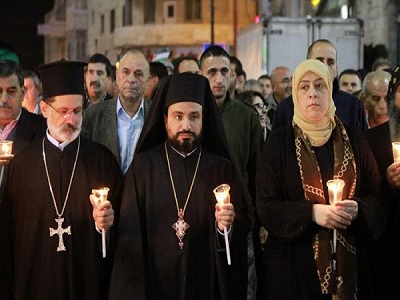
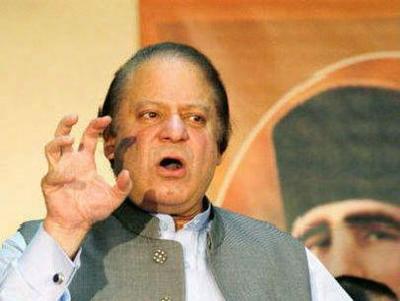
• Pakistan leaders echoed each other in supporting minority rights at separate festivities
• PM Nawaz Sharif told Hindus he will stand by them if they are in distress
• Imran Khan promised equal citizenship for minorities at a rally
• PM Nawaz Sharif told Hindus he will stand by them if they are in distress
• Imran Khan promised equal citizenship for minorities at a rally
Sharif underlined he is prime minister of all communities.
Embrace has added Palestine Chronicle to it's list of recommended media In MEDIA LINKS. The self-starvation and near
death of a Palestinan attorney Mohammed Allan, is the risking of his precarious life to protest the practise of detention
without charge or trial. He and five other political prisoners of ethnic profiling illustrate that in the Holy Land, anyone can be
held by a form of imprisonment that allows Holy Land authorities to detain individuals indefinitely without charge, trial or
access to counsel.
This brings to mind, Bobby Sands the Catholic activist in Belfast who died of starvation in a Belfast jail and helped move
change forward in North Ireland. It should be noted that Bobby Sands story was brought to Virginia, one of the
Embrace Founders by her cousin, a Protestant from Belfast and a major volunteer with Embrace in New York.
The Palestinian Catholic community is facing a very difficult situation currently in the West Bank as well. As early as June
2009, the NATIONAL GEOGRAPHIC did a story on the Holy Land government's constant cutting off of water to Christians
in the Holy Land and doing all possible to try to force them out of the Holy Land. The situation is vicious and pernicious and
represents the values of gangsters and criminals who once invited in the 1940's to the Holy Land to operate as assassins
have literally taken over the governmant, arms dealing and all aspects of illegal industries from drug dealing to the
kidnapping and the sex slave trade to dealing in childrens body parts. More than 7000 Palestinians are reportedly held in
17 Holy Land prisons and detention centers, many of them without charge or trials.

Embrace Foundation Retreat Center
Embrace.Foundation (skype messaging) - 011+1+212.675.4500 (New York)
Click to Email Us
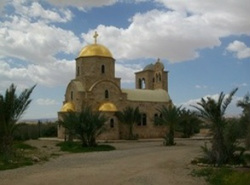
Donations
Embrace Foundation is an all volunteer
organization. All donations go directly to
programs.
Embrace Foundation does not and has
never given permission to any outside
organization to solicit or receive
contributions on our behalf.
All donations should be made to Embrace
Foundation only via Paypal or by mail. All
donations are tax deductible. A receipt will
be emailed to you. Please click on the Pay
Pal link below to Donate.
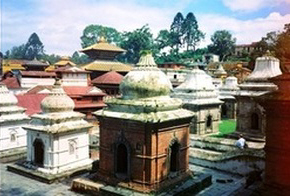

Thank you for making a donation.
Travel As An Interfaith Act
Embrace encourages all who can do so, to
learn about other traditions and cultures by
traveling as “Grassroots Diplomats.” We
hope that people every where become life
long students of our world-wide humanity.
“ In every man there is something wherein I
may learn of him, and in that I am his pupil.”
R.W.Emerson
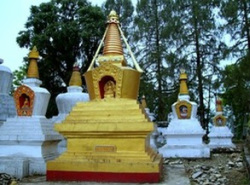
Great Visions - TV
Guests are: Swami Satchidananda &
the Rt. Reverend Dean Parks Morton
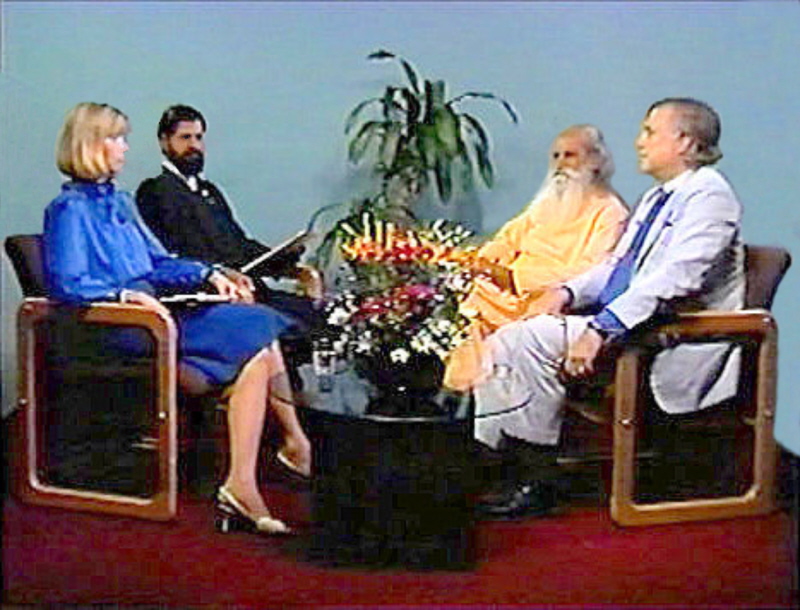
Embrace Archives
Limited Editions Gallery
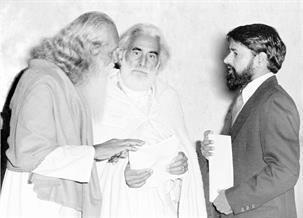
Umrah - Jordan
Embrace Sacred Places
Monastery of Bahira - Syria
Embrace Foundation Universal
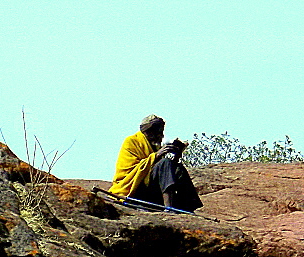
Monk Reading - Ethiopia
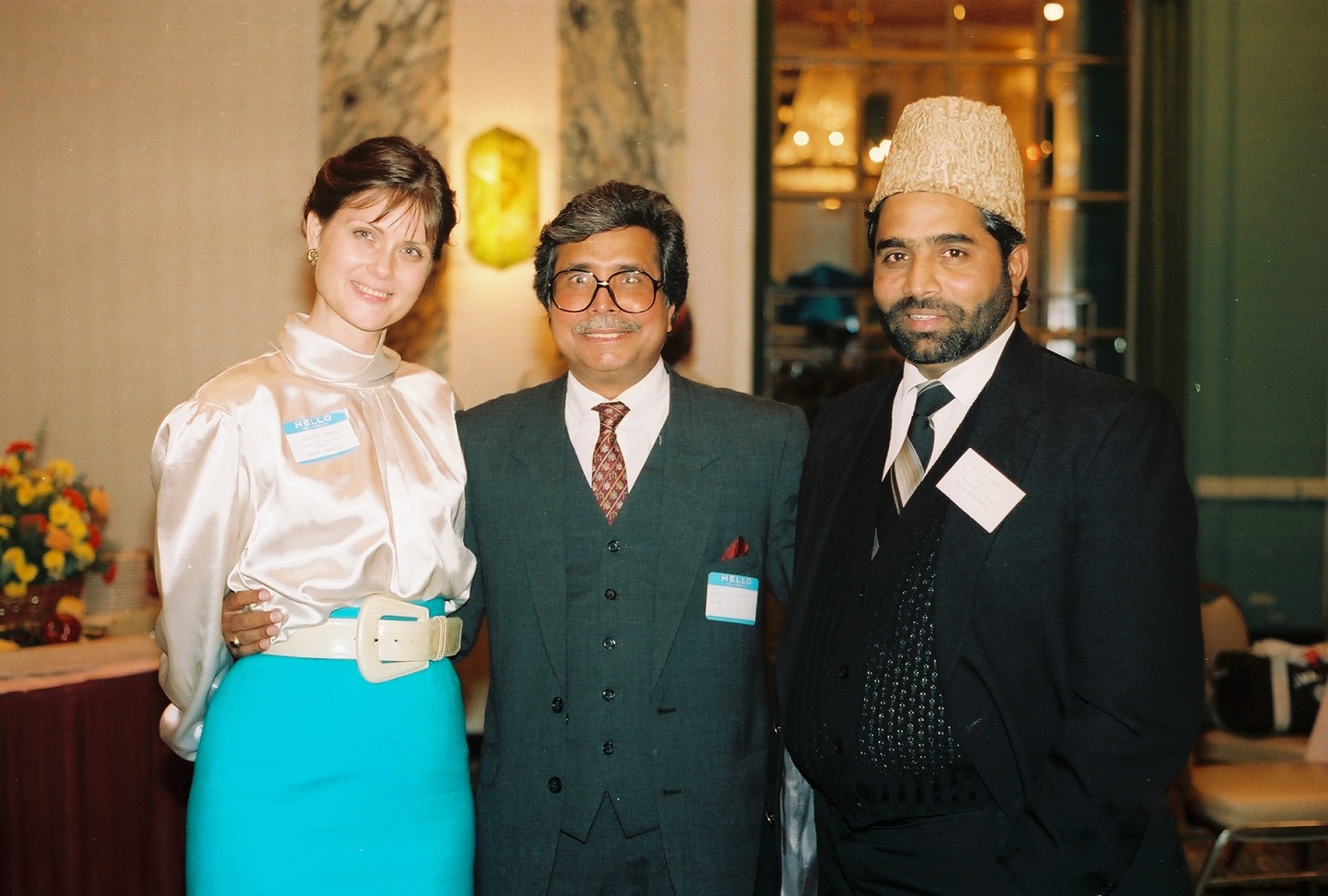
Embrace Archives
Virginia (Embrace), Dr.Anwar Barkat (World Council of Churches, UN) & Imam I.H. Kauser
Great Visions TV
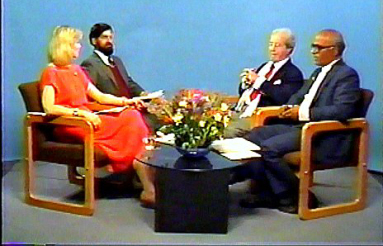
Anne-Stuart & Ajata (Hosts), with Rabbi Gelberman & Dr.Jayaraman
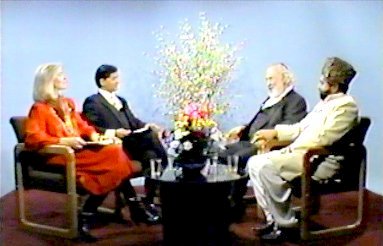
Anne-Stuart & Ajata (Hosts), with Rabbi Carlebach & Imam Kauser

